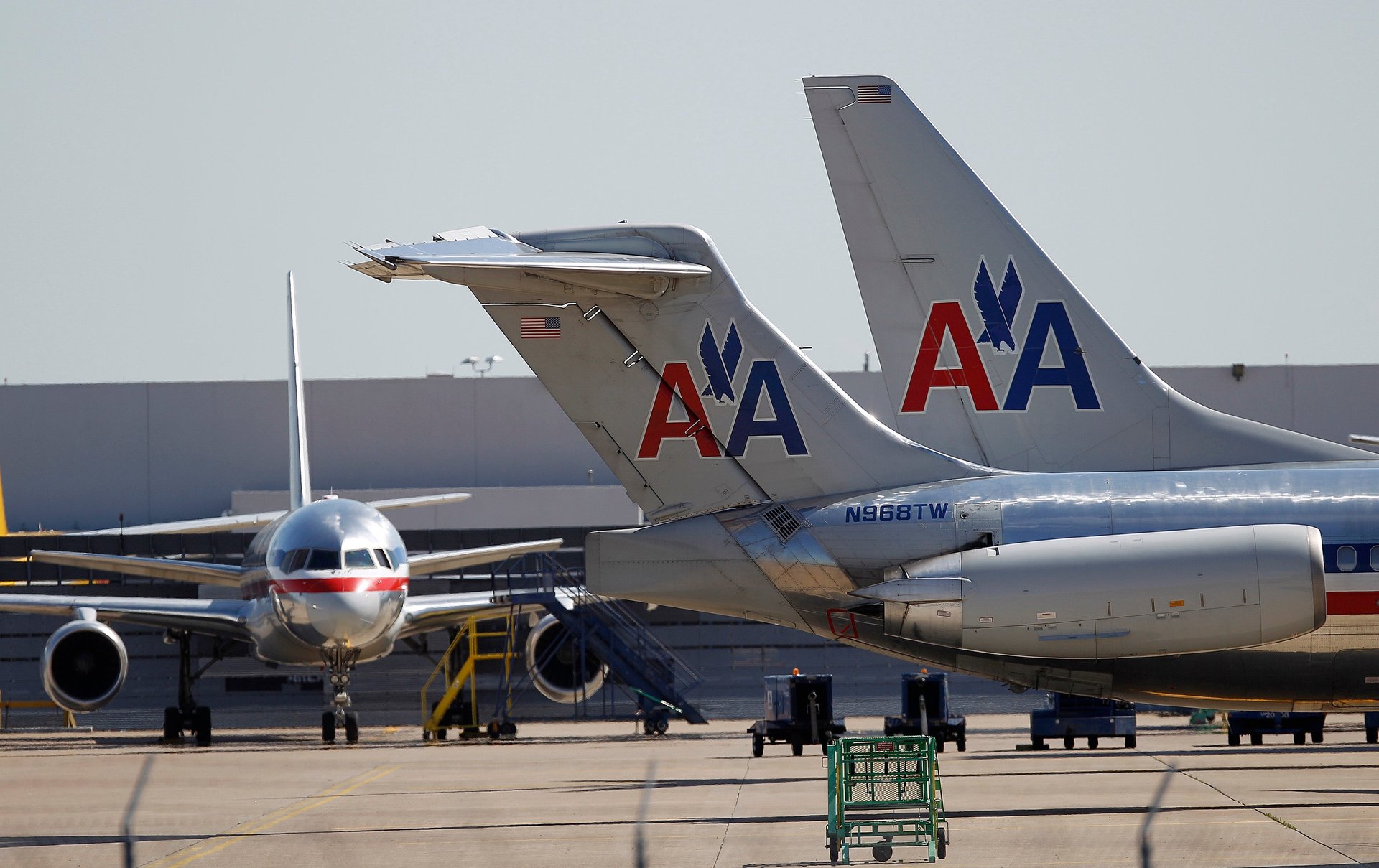An airport executive warns its concessionaires not to steal one another’s employees
The labor shortage has hit the food concessionaires at US airports.


The labor shortage has hit the food concessionaires at US airports.
Last month, a top executive at Dallas-Fort Worth International Airport (DFW) told over 200 shops and restaurants not to steal one another’s employees, as first reported by CNBC.
“As you know, we are experiencing one of the greatest hiring challenges in the history of DFW Airport,” wrote Ken Buchanan, executive vice president of revenue management and customer experience at DFW airport, in a May 27 letter to concessionaires. “As we prepare for a busy summer, please continue to practice DFW Airport’s high standards of hiring operations and refrain from soliciting employees from other DFW operations (‘poaching’).”
Due to a shortage of workers, Star Concessions, which operates or jointly runs more than 50 food, beverage, and retail businesses, including some at the airport, had been unable to staff the concessions sufficiently, reported CNBC. (Not all concessions have reopened at the Dallas airport, according to the news outlet.)
Gilbert Aranza, CEO of Star Concessions, told CNBC that a cook at one of his restaurants, who declined to give her name, said she was approached by a manager at another eatery asking if she would join for an hourly wage increase of $1 more, or $16. In the end, Star Concessions matched it. The company said that it is also offering bonuses as well as raising hourly wages for non-tipped employees in its concessions to $14 to $17 an hour from $12 to $14.
Aranza said he wants the airport to add rules against employee poaching in leases, as inspired by the National Foot League’s anti-tampering rules which prohibit rival teams from courting a player who is under a contract with another team, reported CNBC.
Is that legal?
It is illegal for independent private companies to engage in no-poach agreements, which are deals between companies not to solicit or hire each other’s workers. In 2015, four Silicon Valley giants including Apple and Google agreed to a $415 million settlement, which put an end to an agreement not to solicit each other’s employees. When the no-poach policy was implemented, a study found that it actually negatively impacted salaries (pdf).
But, it’s not clear, from the CNBC article, the exact ownership structure between Star Concessions and the other eatery.
If both airport eateries were independent franchises under the same parent company, then “it’s kind of a legal gray area,” says Evan Starr, an assistant professor at the University of Maryland’s department of management and organization. Quartz reached out to Star Concessions to clarify if the company owns both eateries, but did not hear back at the time of publication.
Assuming that was the case, Stewart Schwab, a professor at Cornell Law School, says a no-poaching agreement would be “closer to illegality” because “it is closer to individual employers agreeing to not hire each other’s workers, and the purpose and the effect is to give employers’ market power,” he says. “Let them be little monopolists rather than competitors in the labor market.”
Less competition means lower wages
A no-poach policy could hurt employee’s mobility and hurt any wage gains.
The workers are also not aware of no-poach agreements, says Starr. If you submit an application to the stall next door, and the application asks for your private employment—that information could get you kicked out of the applicant pool if a Sbarro had an agreement with Auntie Anne’s not to hire from each other, he says.
The desire to implement such a policy reflects the labor challenges that have hit the hospitality industry, which are pushing employers to up wages and dole out bonuses, or to reduce hours and offerings. US airports have been propped up by federal aid —totaling $20 billion—since March 2020 to help soften the blow of worker shortages, Earl Heffintrayer, a senior airport analyst at Moody’s Investors Service, told CNBC. But, he added, even in normal times, airports have “tremendous difficulty getting people to want to come to the airport to work.”